02:59
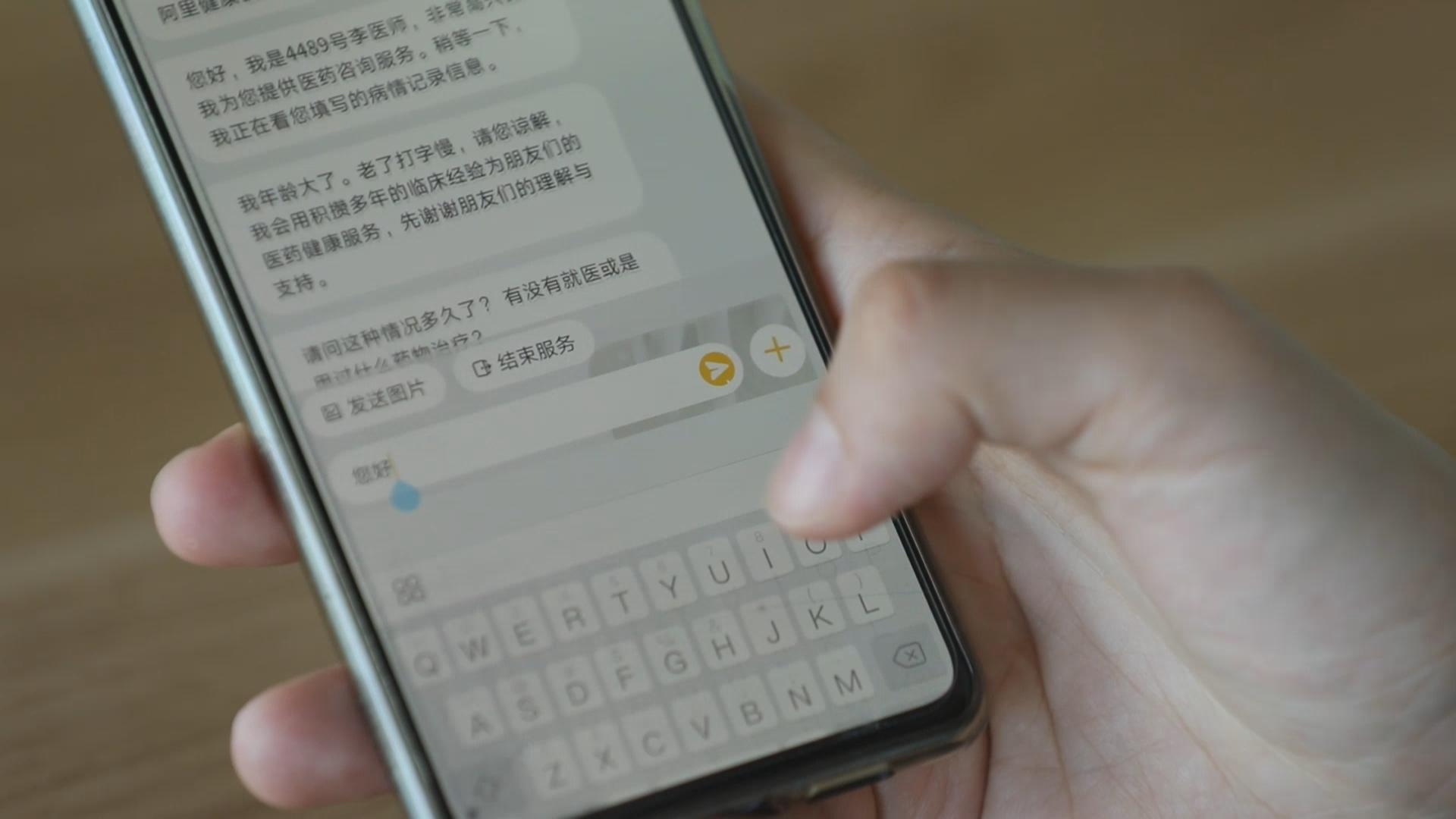
The coronavirus disease (COVID-19) has changed the lives of many overnight – it has reshaped the way people work, study, shop and communicate and also the way people seek medical help.
More people now choose online medical consulting services as they are afraid of catching the virus at the doctors' offices. As a result, the demand for online doctors soared in China.
According to Stan Tu, CFO of Alihealth, which introduced online doctor consulting services on January 24, there were close to 10 million visits and close to 1 million online consultations within two weeks.
Favorable government policies also gave a boost to the growth of online medical consulting services.
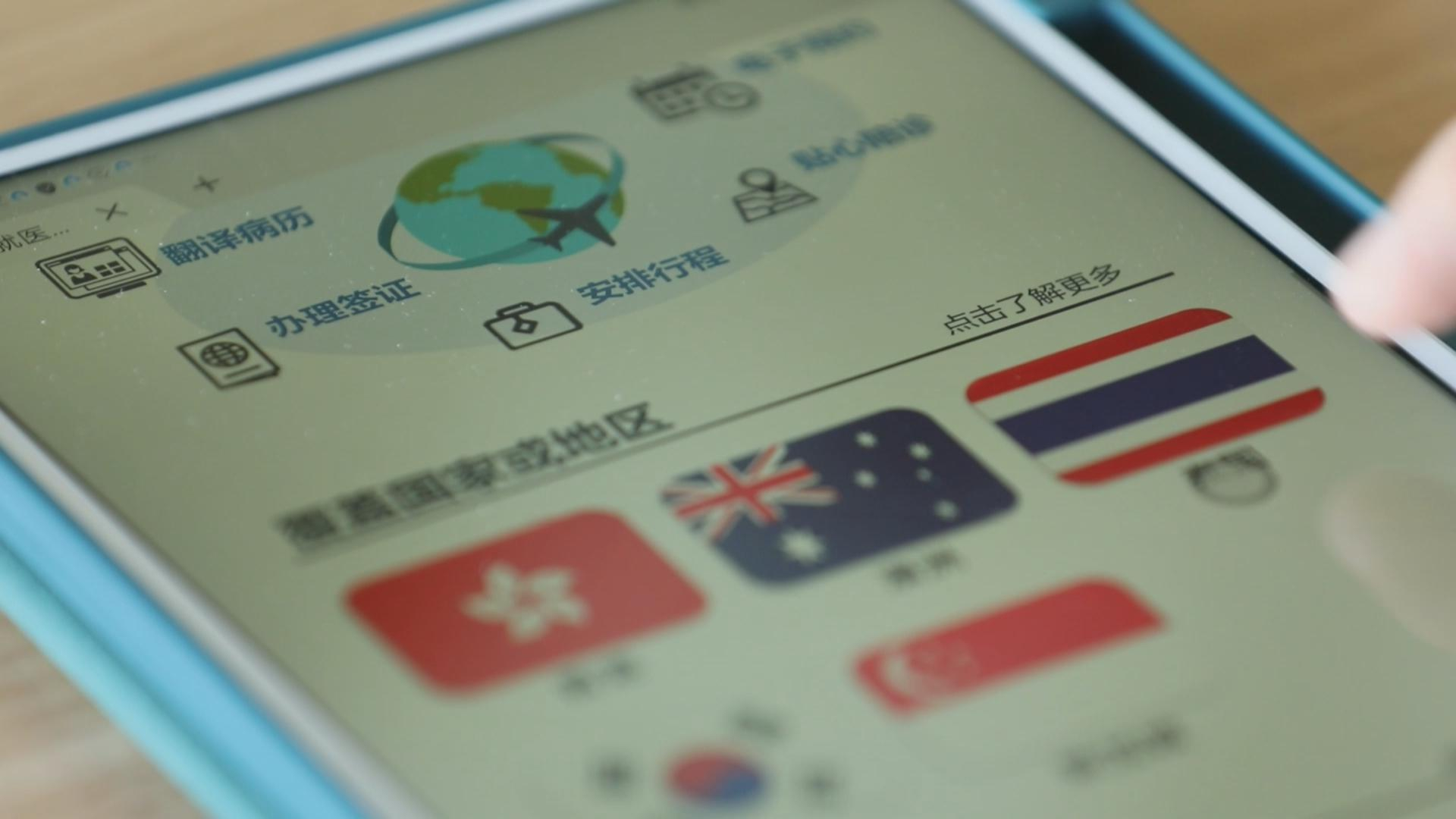
A telemedicine app on a smartphone. /CGTN
A telemedicine app on a smartphone. /CGTN
As the virus circles around the world, millions of Chinese are stuck at home overseas. Spooked by a cough or a sneeze, they are turning to online medical platforms for advice and reassurance.
Many online doctor platforms have launched free consultations for Chinese people abroad, offering medical advice and psychological help.
Researchers are warning that when this pandemic is over, the emotional trauma will be long-lasting on an unprecedented global scale. Seeking medical help online will become the new norm, pushing forward the global telemedicine industry.
08:47
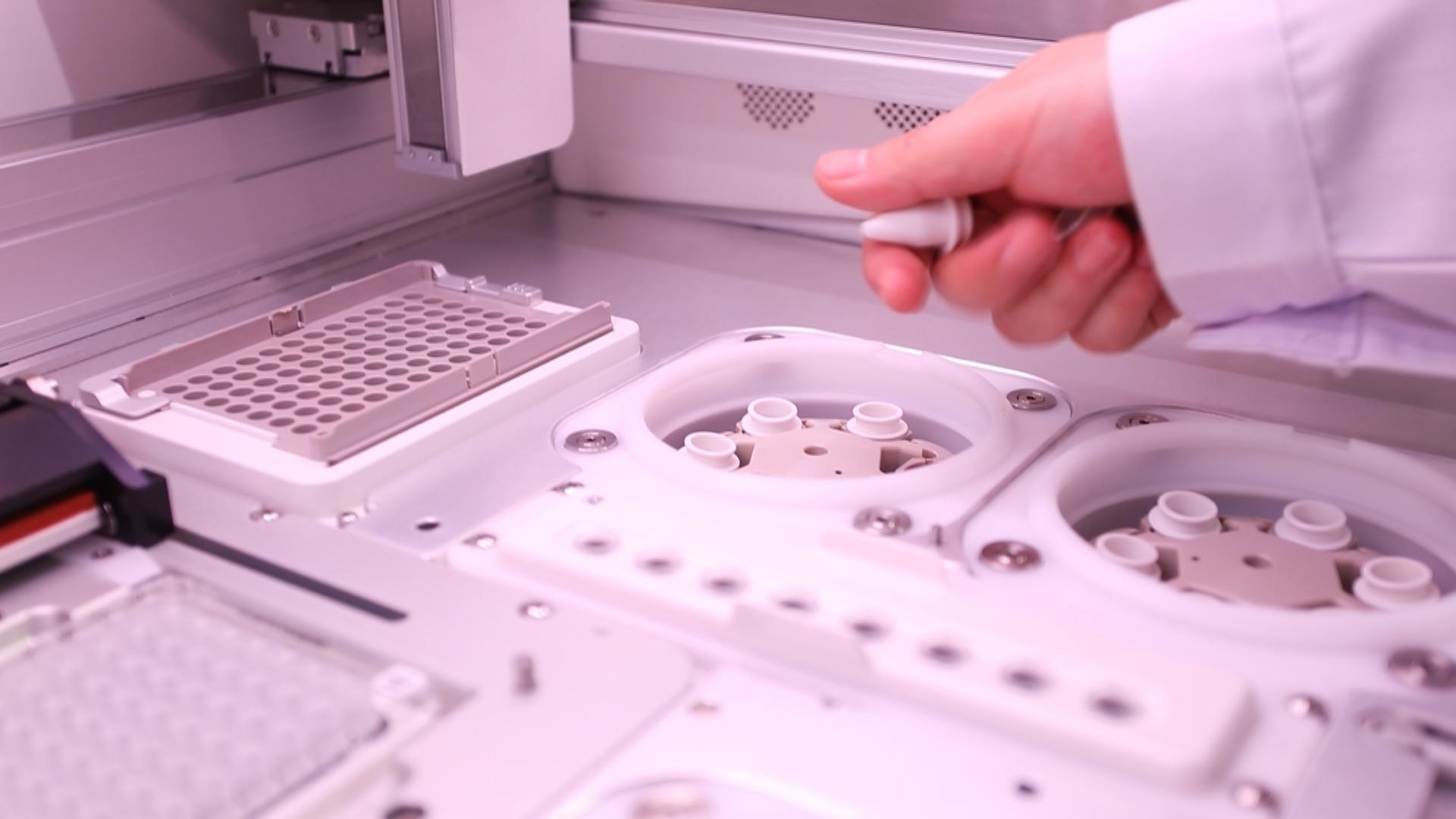
In the fight against the COVID-19 pandemic, huge demand for fast diagnosis and test kit created tremendous opportunities in the molecular diagnosis sector.
Genetron was one of the companies that quickly responded to this increasing demand. It has developed and donated a set of sequencing platforms to Huoshenshan Hospital to help diagnose patients quickly and accurately. It is also assisting scientists in developing vaccines using genome profiling.
After initial screening, a CT scan is usually used to confirm and analyze the progress of COVID-19 patients. But reading thousands of CT scans each day is very time consuming.
Shukun Technology – a company specializing in AI imagining, quickly came up with a device that shortens the time to read a patient's scan from 10 minutes to just two seconds.
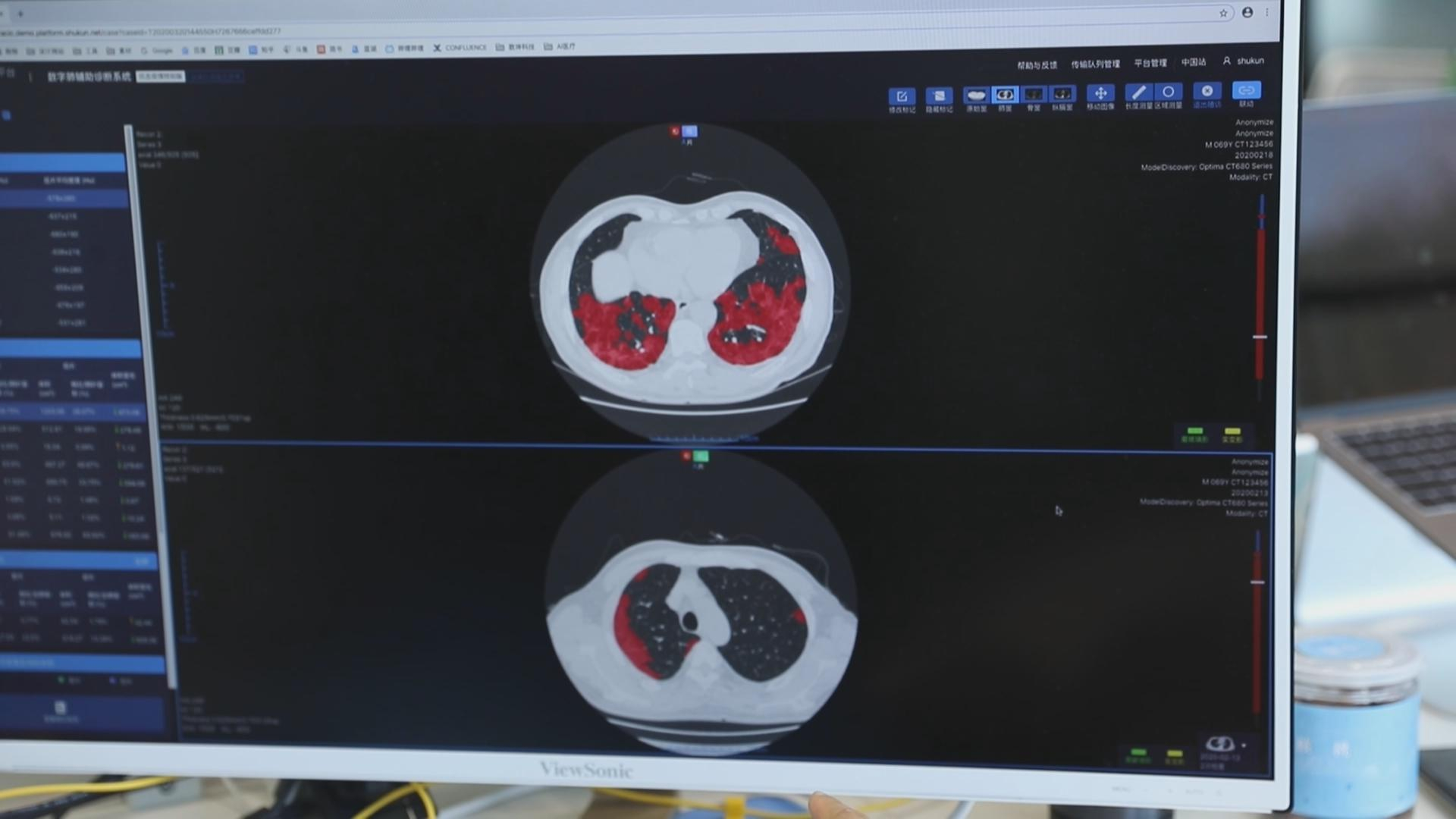
Another AI technology that was implemented in the fight against the coronavirus is Medical Robots.
They can replace humans in a highly contagious environment to do things like disinfecting air and floors and transport supplies from one place to another. It largely reduced the chances of infection and solved the staff shortage issue.
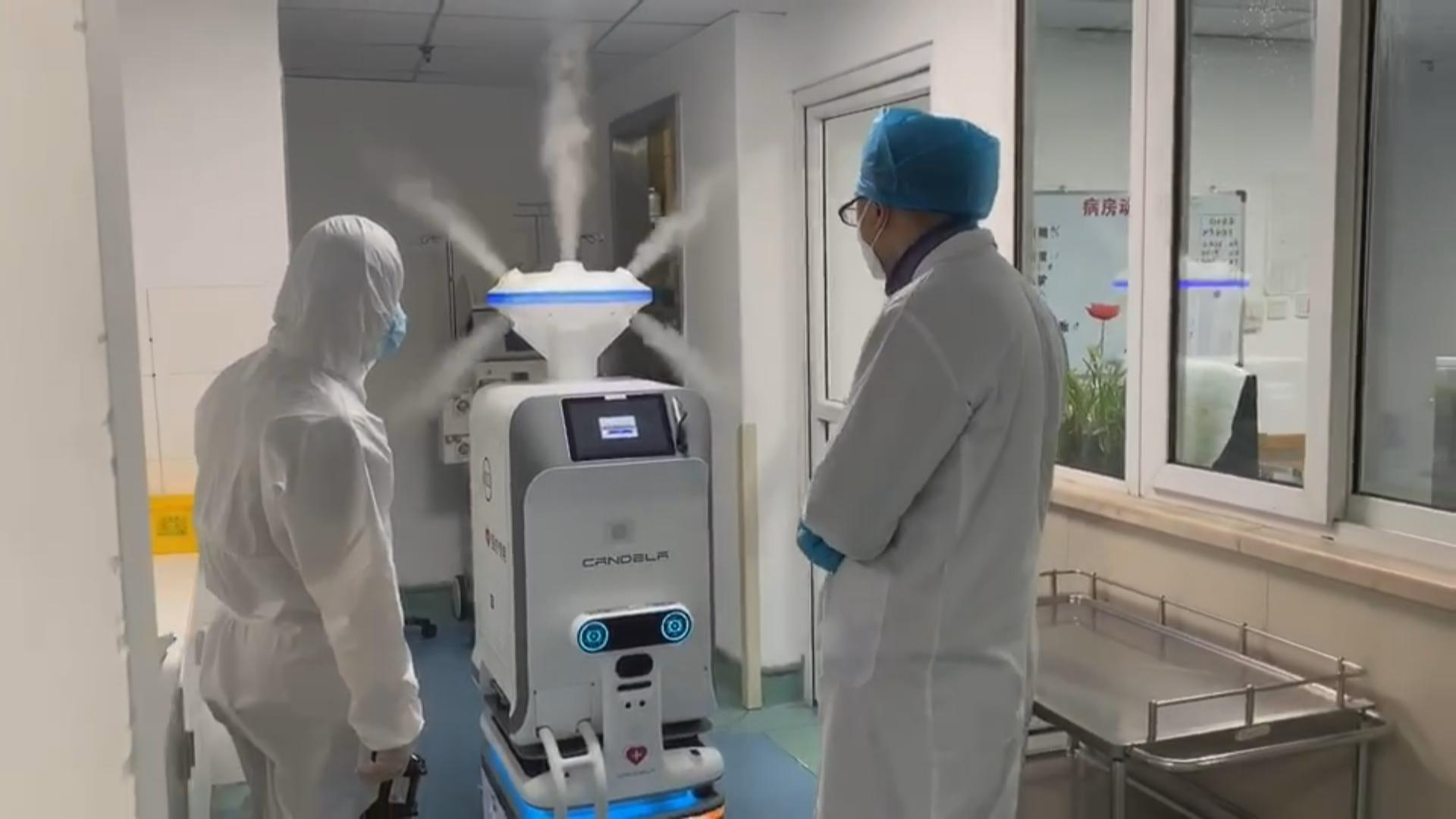
A medical robot in Jinyintan Hospital, Wuhan. /CGTN
A medical robot in Jinyintan Hospital, Wuhan. /CGTN
Data shows that the market size of service robots has been growing at 23.5 percent every year on average since 2013. It reached 9.3 billion U.S. dollars in 2018 and is expected to hit 15.7 billion U.S. dollars in 2020.